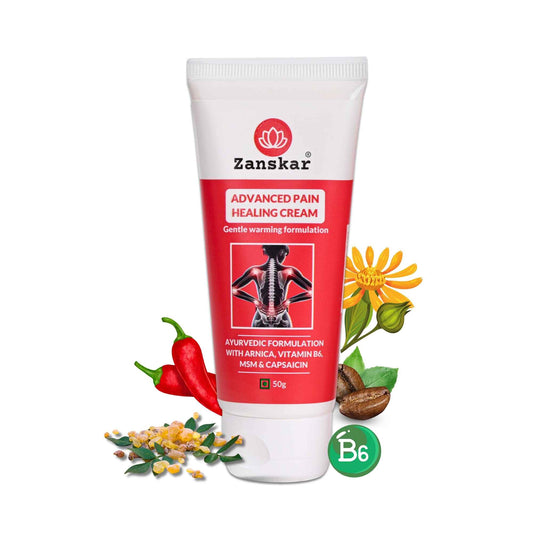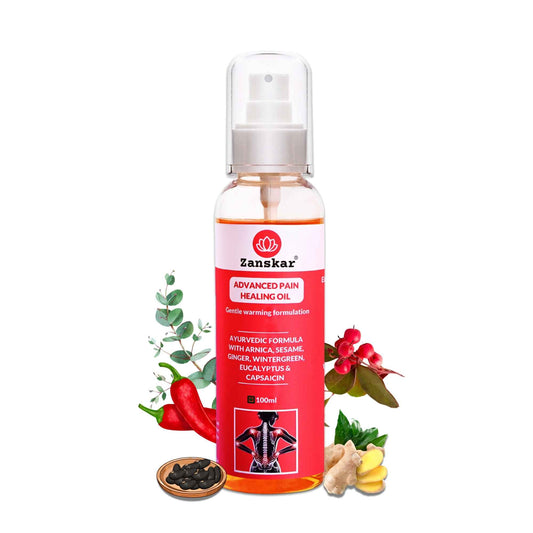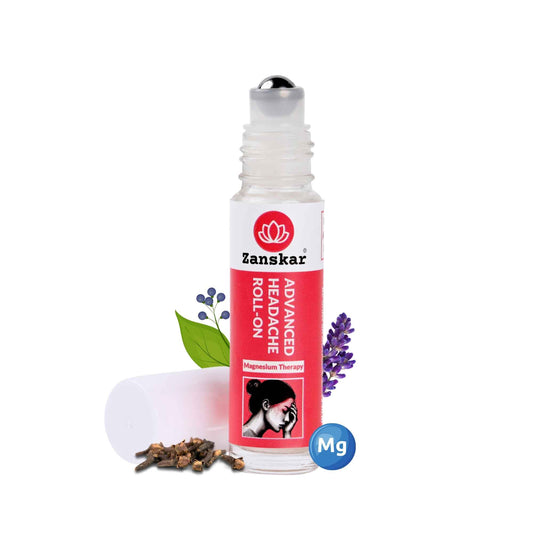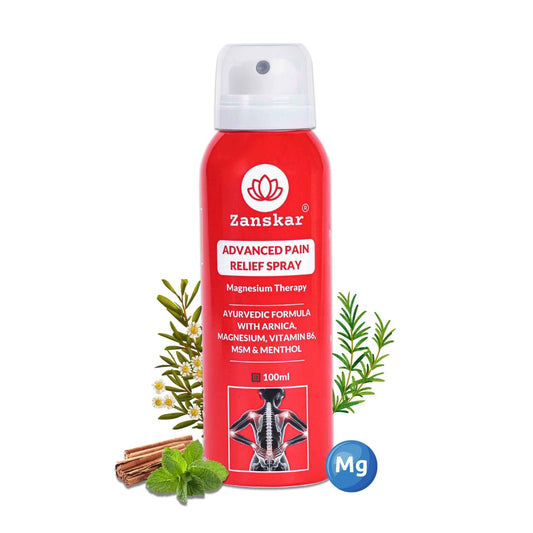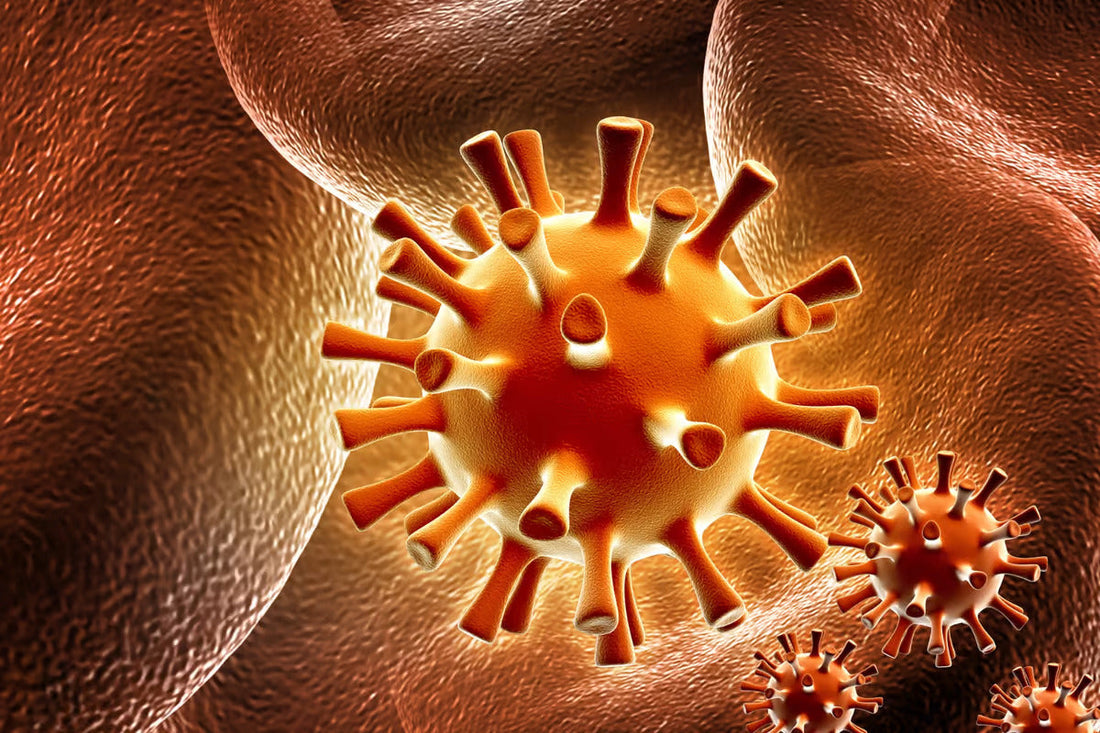
Herpes: The painful facts about a tricky virus
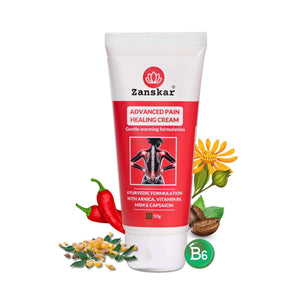
There are two main types of herpes simplex virus (HSV) infections, HSV-1 and HSV-2. Generally speaking, HSV-1 is responsible for those annoying cold sores that can pop up during times of stress or lack of sleep. Whereas genital sores are usually caused by HSV-2.
It can take as little as a few days and up to a week after a person has been exposed before any herpes symptoms appear. First, there will be redness and tingling, followed by small painful bumps that progress to fluid-filled "blisters." Eventually, these burst to form shallow skin ulcers which then crust over, with gradual healing over a couple weeks. An initial genital herpes infection can be very painful, also cause fever, body aches and fatigue.
What are the symptoms of Herpes
Herpes symptoms can range from painful sores and difficulty urinating to no symptoms at all.
The most common symptom is the appearance of blisters that break and turn into painful, itchy sores. Such sores may arise where you can see them in these areas:
- Inner thighs and buttocks
- External areas of the female genitals
- Penis and scrotum
- Anus
Herpes sores can also erupt inside your body, where you cannot see them. Both sexes can have sores in the rectum, the part of the large intestine closest to the anus.
You may notice herpes sores going through predictable stages:
- Small red bumps or tiny white blisters may crop up first, within a few days or a few weeks of the first infection, or in a later outbreak
- Ulcers may form when blisters rupture and ooze or bleed
- Scabs form when the ulcers crust over and start to heal

Everyone experiences genital herpes somewhat differently. Besides sores, symptoms of genital herpes can include these kinds of uncomfortable or painful sensations:
- Burning when you urinate, or if any of your urine touches sores
- Having trouble urinating because sores and swelling are blocking the urethra, the tube through which urine passes. This problem can become extreme.
- Pain, itching, or tenderness in your genitals
Does Herpes Cause Body Pain?
Yes.
People often mistake a herpes outbreak for another problem. You may think you have the flu, another STD, or that you have pimples or ingrown hairs, when in fact you have genital herpes symptoms.
If you do develop symptoms, your first outbreak will most likely start 2 to 20 days after you get infected. In some people, though, a first outbreak occurs years after that first infection. Generally, first outbreaks last two to four weeks. Then the sores and symptoms fade away, but the virus remains in your body in a dormant or quiet state much of the time. That lingering virus can cause later outbreaks, but usually the first is the worst.
During a primary outbreak of genital herpes, you may experience symptoms that mimic the flu, such as:
- Fever
- Achy muscles
- Headaches
- Swollen lymph nodes in the groin
- Malaise, a general feeling of distress
Repeat outbreaks are especially common in the first year of a herpes infection and are often associated with pain in your legs, buttocks, and lower back.
Post-herpetic neuralgia
Post-herpetic neuralgia is a complication that can develop after the blisters and sores of genital herpes have healed, where the virus causes inflammation of the nerves under the skin of the affected area. This condition most commonly develops in adults over 50. Also, usually 20% people with herpes will get post-herpetic neuralgia.
The main symptom of post-herpetic neuralgia is intermittent or continuous nerve pain in an area of your skin previously affected by herpes.
The pain may come and go or be continuous. It can be described as burning, stabbing, shooting, aching, throbbing or like electric shocks.
The affected area may also:
- feel intensely itchy
- be more sensitive to pain than usual ("Hyperalgesia")
- feel painful as a result of something that would not normally hurt, such as a light touch or cool breeze ("Allodynia")
Treatments for post-herpetic neuralgia
Medicines can ease the symptoms of post-herpetic neuralgia, although they may not relieve the pain completely.
Widely available painkillers, such as paracetamol and ibuprofen, do not usually help, so your doctor may prescribe a different type of painkiller.
You can also consider using a cooling analgesic with no skin irritants, such as Zanskar Cryotherapy Pain Relief Spray.
Preventing post-herpetic neuralgia
There's no definite way to prevent post-herpetic neuralgia. But if herpes is treated early with antiviral medicine, the risk of complications such as post-herpetic neuralgia is reduced.
If you develop symptoms such as pain or a rash that suggests herpes, see your doctor as soon as possible to discuss taking an antiviral medicine.
If your herpes symptoms are bothersome or you’re worried about giving someone else the virus, see your doctor or another healthcare provider.
Antiviral medications can help make genital herpes sores go away faster, reduce the number of outbreaks, and lower the risk of transmission.
Consistent use of condoms and dental dams during sex also lowers — but doesn’t eliminate — the risk of transmitting the virus.
Learn More About Zanskar Health
If you have joint or muscle pain that makes it hard to move, Zanskar offers the most advanced full stack pain relief solutions for you.
Now available to purchase, Zanskar® Advanced Pain Care Products have a unique formulation of natural bioactive ingredients and provide lasting relief from all kinds of headache that you can feel good about.
You can also gain access to therapeutic exercises and stretches for your condition by downloading the Zanskar Health physiotherapy mobile app. Additionally, you’ll have a personal care team to guide, support, and tailor our program to you, including behavioral and nutritional coaching.
Download our mobile app here 👉 download and track your exercise streak.
Medical Review: This article is written by Dr Nishtha Mittal (Senior Health Content Editor at Zanskar Health) and has been medically reviewed by the medical team at Zanskar Health. This article and its contents are provided for educational and informational purposes only and do not constitute medical advice or professional services specific to you or your medical condition.




